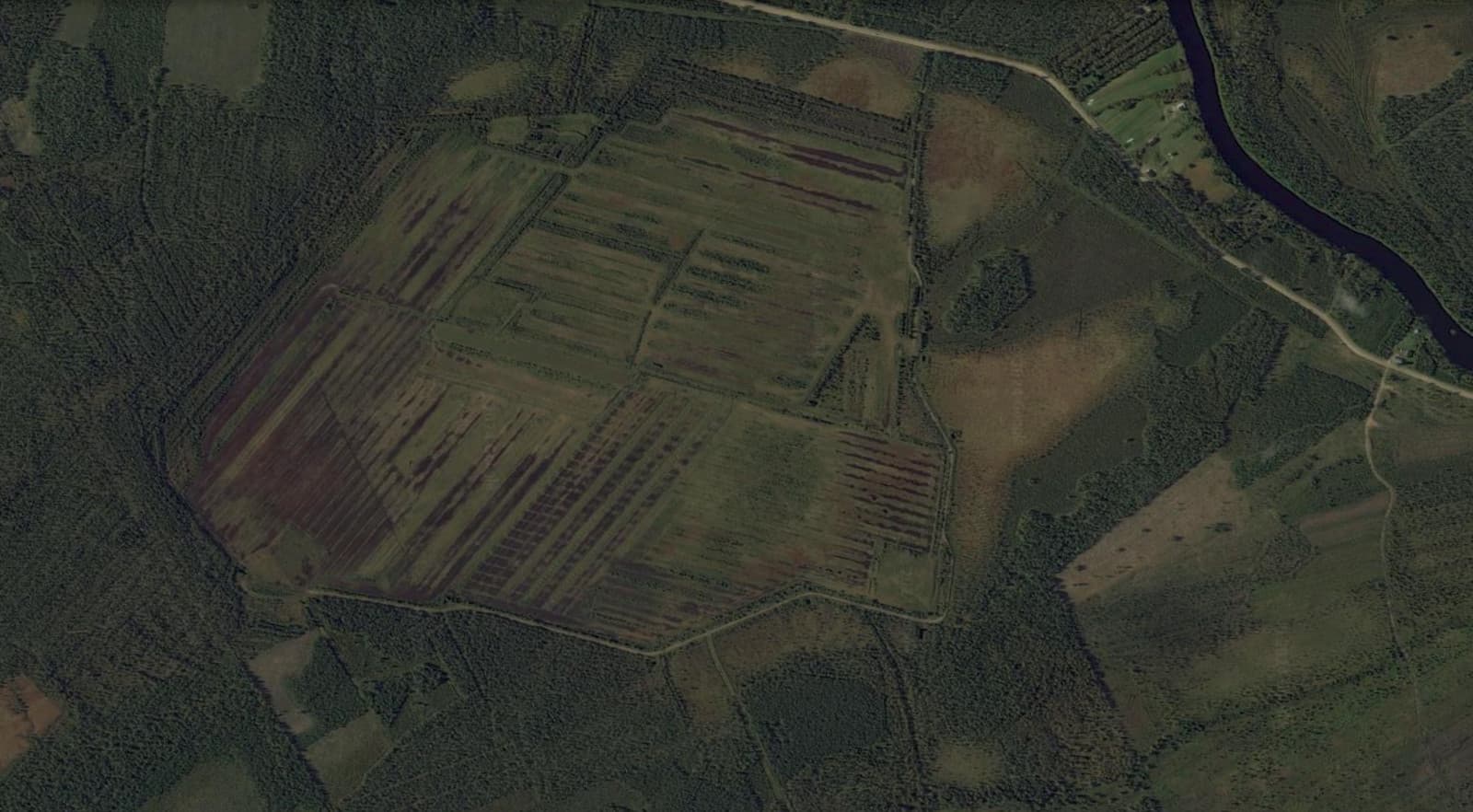Progress and goals of Credible Focus Group on advancing MRV systems for carbon removals using Earth Observation

The Credible Focus Group (FG) focused on exploring how Earth Observation (EO) can improve Monitoring, Reporting, and Verification (MRV) systems for carbon removals brings together experts and stakeholders and aims to discuss reliable frameworks for measuring carbon storage in soil and ecosystems, which are vital for supporting climate goals.
Since its establishment in December 2023, this FG has held knowledge-sharing sessions with key stakeholders from research, policy, EO providers and users. These sessions have brought together varied perspectives and expertise, which have informed preliminary recommendations on best practices for using EO in MRV systems. The discussions have focused on how satellite-derived data can help identify effective carbon farming practices and assess areas for improvement. The group is making progress in discussing how EO data can make these practices more efficient and scalable and mapping current carbon farming practices.
The FG has identified several core challenges that need to be addressed to optimise EO's contribution to MRV in carbon removals: (i) EO technologies enable standardised data collection across Europe, making it possible to monitor carbon stocks and emissions with uniform criteria and accuracy. Satellite data, particularly from resources built on the Copernicus programme, provide regular, harmonised measurements of land cover, vegetation, and emissions. This standardised data allows policymakers and scientists to develop EU-wide MRV frameworks that support reliable comparisons and aggregation of data, which are essential for consistent reporting and policy alignment. (ii) EO data supports the monitoring of soil health indicators that impact carbon sequestration, such as soil moisture, vegetation cover, and land-use changes. EO helps tailor carbon farming practices to Europe’s diverse climates and ecosystems (iii) EO supports economic sustainability in carbon farming by providing cost-effective, large-scale data that reduces the need for costly on-the-ground measurements.
A major goal moving forward is to ensure EO data becomes integral to new carbon removal policies. The FG is working to align its efforts with EU standards, such as those under the Carbon Removals and Carbon Farming (CRCF) Certification Framework and the Land Use, Land-Use Change, and Forestry (LULUCF) regulations, to ensure EO-driven MRV systems can scale effectively without impacting land owners livelihoods or ecosystems. To tackle these MRV challenges, the FG discusses the improvement of data consistency and accessibility and advocates for data sharing across countries to improve transparency and make reporting more effective.
In preparation for the Summit, the FG has identified several key questions to guide its research and recommendations, and group members are actively organising sessions to address the following questions:
-How can uncertainties in EO-based MRV systems for carbon farming be effectively managed, and what benchmarks are needed to improve model reliability?
-What EO-based solutions can address the challenges of value attribution within carbon incentive programs in agri-food supply chains?
-How do actors across the value chain -data providers, certification bodies, project implementers, rating agencies, and accreditation authorities- interact to support reliable EO-based carbon farming initiatives?
These questions are essential for achieving the FG’s objectives and contributing valuable insights to the Summit. In the long term, the FG envisions to advance on the full integration of EO into MRV methodologies supporting scalable and transparent carbon removal practices. If you are interested in these activities do not hesitate to contact info@earsc.org.